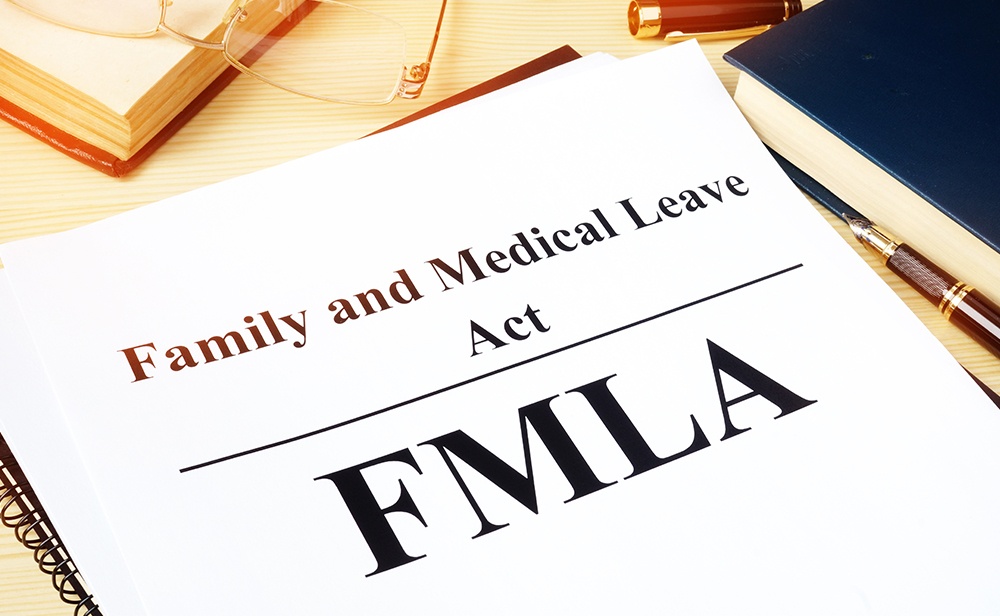Under the FMLA, Employer Cannot Deny Leave to Care for One's Sick Mom, Because One Did Not Follow Special 'Request Rules', Says Court

This summer, a U.S. Federal Court held a Burger King franchise liable and accountable for interfering with an employee’s FMLA request to go care for his sick mother, when after making several requests to his onsite managers, but not directly to Human Resources (“HR”) as required by the employee handbook. The employee was denied leave and soon fired. The onsite requests were enough to trigger FMLA rights, held the Court. Moore v. GPS Hospitality Partners IV, LLC, el al., Civ. No. 7-CV-0500 WSN, Slip Op. at 1, 31, 2019 U.S. Dist. LEXIS 92830, (D. Ala., June 3, 2019).
The franchise argued at Court that its handbook required both onsite supervisors and HR be noticed if an employee wished leave under the FMLA. However, other kinds of leave could be requested onsite through a direct supervisor. The Court, interpreting the U.S. Family Medical Leave Act (“FMLA”), concluded that federal law only permits employers to require basic general and "customary" leave procedures when an employee requests FMLA leave, and nothing more.
For instance, FMLA regulation permits employers only to require that " an employee to comply with the usual and customary notice and procedural requirements for requesting leave, absent unusual circumstances." Id. at 7 (quoting and citing 27 CFR § 825.302(d)). No special hoops, held the Court. Id. at 1-28.
Of course, the Court reminded the employer that the FMLA specifically contemplates emergency medical situations that are “unforeseeable." If unforeseeable, federal law only requires notice “as soon as practicable under the circumstances.” See id. This means the employee might have to call the customary designated emergency leave hotline, or notify a specific individual, as circumstances reasonably allow and not as a per se requirement. Id. at 7 (citing 27 CFR § 825.303(c)).
If the need for leave is foreseeable, such as for caring for a mother who has a planned hospital visit well in advance, then the leave request must provide “sufficient” notice, stated the Court. Id. at 27 (interpreting 27 CFR § 825.302(b)-(c)).
While the Court here did not specifically discuss every aspect of the FMLA, an FMLA leave request for a planned birth or scheduled medical operation should be 30 days or more advanced notice. See 29 U.S. Code § 2612(c). At the same time, when leave is unforeseeable and one's child has an asthma attack, a parent can take their child to the emergency room and call in from there, states the U.S. Department of Labor's revelant FMLA regulation. See 27 CFR § 825.302(a). The FMLA is complicated, and not everyone is eligible for FMLA protections. The issue of eligibility is not addressed here, in this blog post. This employee at the Burger King involved was eligible.
So what happened here and how foreseeable was the medical emergency? Here, the employee found out her mother faced a “life-or-death” illness on Feb. 3. Then on Feb. 4, she found out hospitalization was to begin the next day. She was still requesting just one week of leave to care for her mom on Feb. 5 when her mother went into the hospital. Moore v. GPS Hospitality, Slip Op. at 27-28. The supervisor onsite did not tell HR, and in fact, required the employee to work on Feb. 7, 8, and 12, despite this clear notice of her FMLA-qualifying need to care for her mother. Id. at 29.
The Court set the matter in for trial on the same employee's termination and on the damages owed for the interference with her FMLA request, due to facts in dispute. The Court found as a matter of law that the employer interfered with the employee's federal FMLA right. Id. at 36. The Court disallowed the employer to state that because HR was not contacted, she gave up her FMLA rights by asking only her direct supervisor. Id. at 1-28. While this decision issued from an Alabama federal court, it construes federal law, which exists in Maryland and nationally.
In conclusion, employers cannot create non-customary, special hoops for people seeking FMLA leave to care for themselves and / or immediate family members, outside of requiring employees when leave is foreseeable to make proper leave requests as they might make any other kind of leave request. When emergency in nature and unforeseeable, employees must make the request “as soon as practicable under the circumstances.” Here in Moore, the Court found the leave request customary and FMLA-protected.
Gregg H. Mosson, Esq., practices employment and family law in Maryland, as well as Social Security disability-benefit law, at Mosson Law, LLC, based out of Towson. For more information, please visit www.MossonLaw.com.